10 Influential Women You Didn’t Learn About In School
Have you ever heard of any of these women? They are amazing!
Nettie Stevens, Genetisist
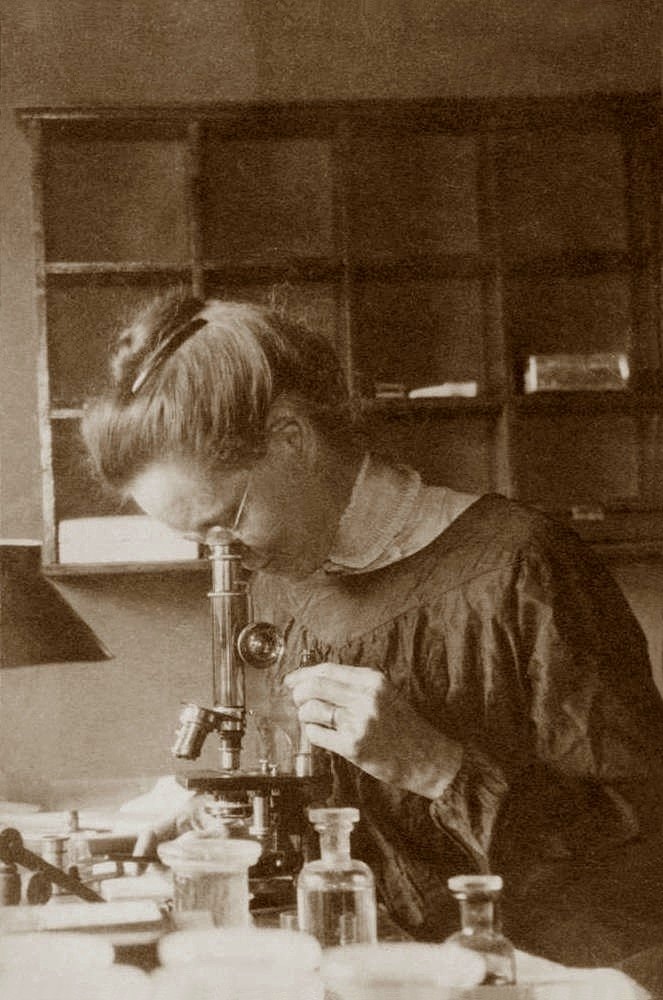
Nettie Stevens discovered the sex chromosome – the XX/XY chromosome that determines how embryos become male or female. Thanks to her work, we also know that the sex is determined by male’s sperm, thus disproving thousands of years of men blaming women for not giving them a male heir. Her discovery in 1905 “was the culmination of more than 2,000 years of speculation and experimentation,” Stephen Brush said in The History of Science Society. However, at the turn of the 20th century, women scientists were still a novelty. Nettie’s mentor, legendary biologist, E.B. Wilson, is often credited for this discovery. He had authority over Nettie and he had more weight and respect within the scientific community.
Ada Lovelace, The Fist Computer Programmer
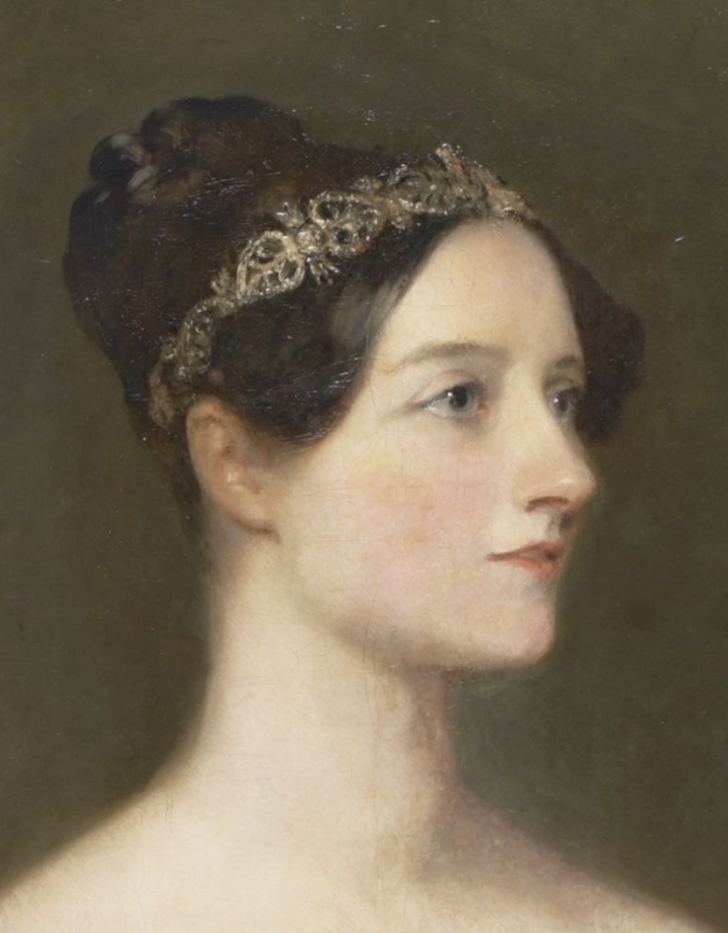
You’ve undoubtedly heard of the famous poet, Lord Byron, but have you ever heard of his daughter, Ada Lovelace? Her mother insisted she be tutored in math and science – a rare occurrence in the 1820s. Ada was extraordinarily gifted in the area of mathematics. She is credited with coming up for the first concepts for computors. Ada developed the process of looping – which is still used in computer programs today. She is considered the first computer programmer and she may have been the first person to ever talk about coding. Unfortunately, Ada’s brilliance was mostly ignored for her entire life. Ada finally got the credit she deserved when B.V. Bowden republished her research and articles in 1953.
Ida B. Wells, The First African-American Journalist
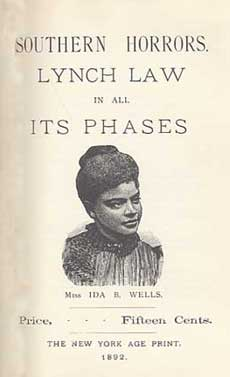
Ida B. Wells has an amazing story. She was born into slavery in Mississippi but ultimately became the first African-American journalist. She spent several years teaching in different towns in the south after attending college at Rust University. In 1884, Ida moved to Memphis and continued her education at Fisk University in Nashville in the summers. By 1890, she put her journalistic skills to work and lead the anti-lynching movement.
Mary McLeod Bethune, Educator and Activist
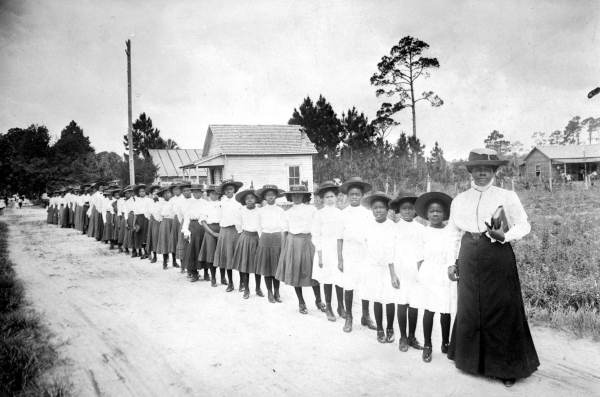
Mary McLeod Bethune founded several private schools for black children after they were denied education elsewhere. She helped found the National Association of Colored Women and founded the National Council of Negro Women. She also served as an advisor to FDR. Mary fought hard to educate both blacks and whites in America about the accomplishments of black people, even though at the time many people believed blacks were sub-human. Mary was the only black woman present when the United Nations was founded.
Rosalind Franklin, Helped Discover DNA
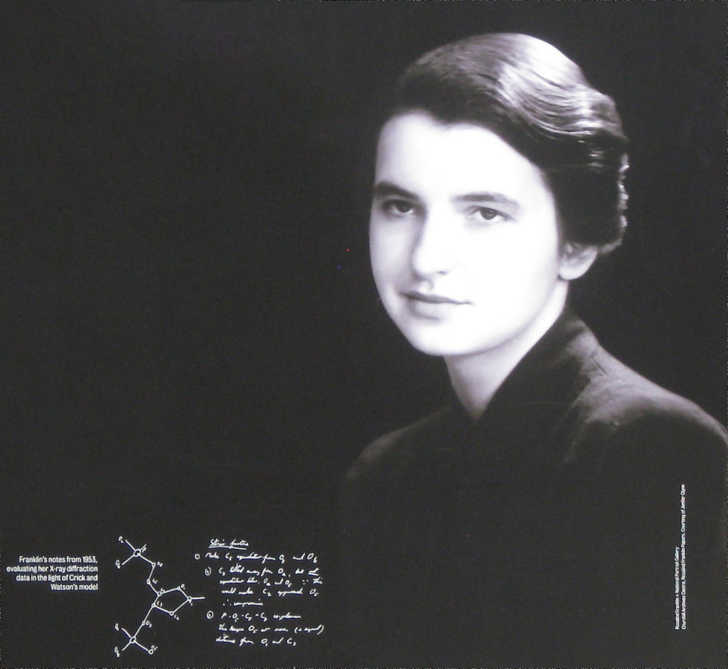
Rosalind Franklin played a major role in the discovery of DNA, though her work was outright stolen and credited to many of her colleagues. Rosalind got her Ph. D in physical chemistry from Cambridge University, where she learned crystallography and X-ray diffraction. She used her extensive knowledge and techniques and applied them to DNA fibers. One of her photographs (taken through hundreds of hours of X-ray exposure) contained key information and insight into the structure of DNA. Two colleagues stole her photograph and used it as a basis for building their theory for DNA. They received a Nobel Prize in 1962 for their work. They sighted the infamous photograph as “stimulated by general knowledge.”
SKM: below-content placeholderWhizzco for DOT

